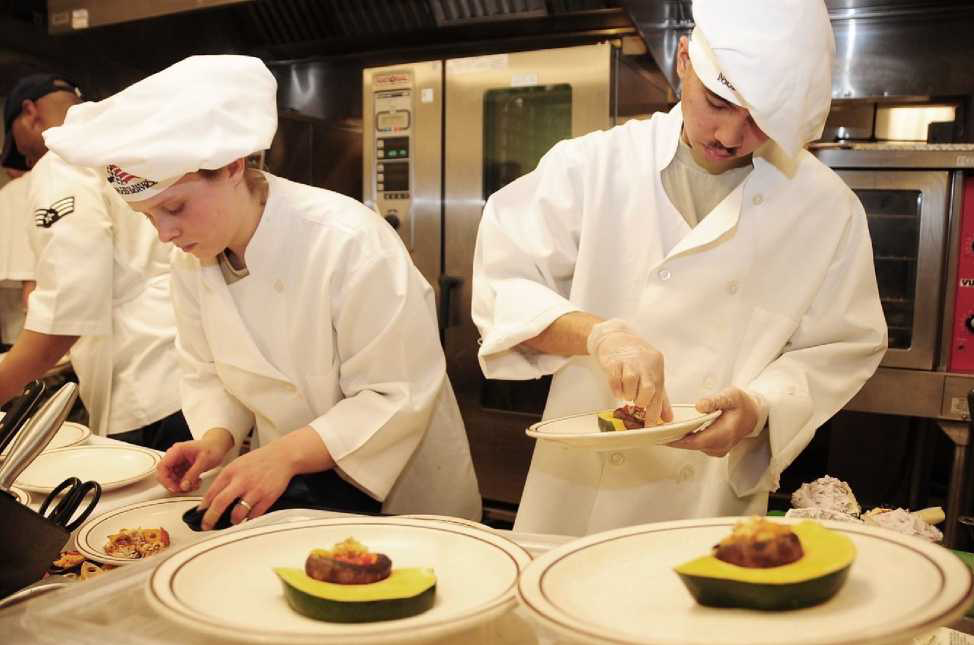
Food poisoning is basically an infection that comes from bacteria. Salmonella and E. coli are two of the most common forms of foodborne illnesses. Some of the ways bacterial germs can enter the system are by eating food that was not handled properly somewhere along the food’s delivery system. For example, raw or undercooked meat, poultry, eggs, and produce, such as romaine lettuce.
If there is enough corroboration that a particular food is causing an outbreak, that food will be recalled by the responsible company or companies.
The unpleasant symptoms of food poisoning are fever, diarrhea, stomach cramps, and vomiting. Some people experience all of these conditions, while others may have more mild cases and only experience some. The symptoms generally pass after a couple of days, although some cases can last a week or more. The rarest cases wind up in the hospital, due to dehydration, bloody stools, or a high fever. Kids and seniors are most likely to have the most extreme conditions as their immunization systems are not as strong.
The Government of Canada estimates about 4 million cases of salmonella poisoning every year. Last year’s romaine lettuce problem kept both the U.S. and Canada watchful for any signs of an outbreak.
The first thing to do if you suspect you have ingested toxic food is to call your municipality’s public health department so they can take any necessary actions. Foodborne illnesses are rarely isolated cases.
Restaurant workers have food handlers’ licenses; however, if they come into work sick or don’t wash their hands after going to the bathroom, it can cause an outbreak if not quickly discovered.
It isn’t always easy to prove symptoms are caused by a restaurant, a food purveyor, farmer or manufacturer. If there is evidence that can connect your symptoms to a particular food item, your situation is lawsuit-worthy. In fact, if there is more than one company responsible, each one can be sued.
Chances are, if one of the following is true, then the situation is lawsuit-worthy.
- Were you hospitalized because of salmonella poisoning? Or were you tested for salmonellosis?
- Did anyone else you know of get sick after ingesting the same food?
- Are you able to prove a particular food gave you food poisoning? If you have any leftovers that can be tested, that is ideal.
- Did a loved one die from food poisoning?
Is It Worth It?
If your symptoms were mild and gone in a short period of time, it is probably not worth the time and trouble to pursue a claim, as compensation would not amount to much. But if you are sure your condition was caused by any of the following factors and feel strongly that you have enough evidence, then it is worthy of taking time out to consult with legal counsel:
- Defective food warning
- Food that had already expired
- Negligence pertaining to food preparation
- Contamination
The types of damages you may sue for include medical bills, related expenses, emotional distress, pain and suffering, and lost income.
Ready to Take the Next Step?
DWA LAW specializes in personal injury cases and provides free legal consultations for those interested in pursuing a food poisoning lawsuit. You may never know if you don’t ask, right? The first step is to gather your information and as much proof as possible and schedule a legal consultation. You can do so by calling toll-free 1-866-696-0300 or contact us here.
Take it from some of our past clients – we work hard to make you comfortable and at ease with the process.




